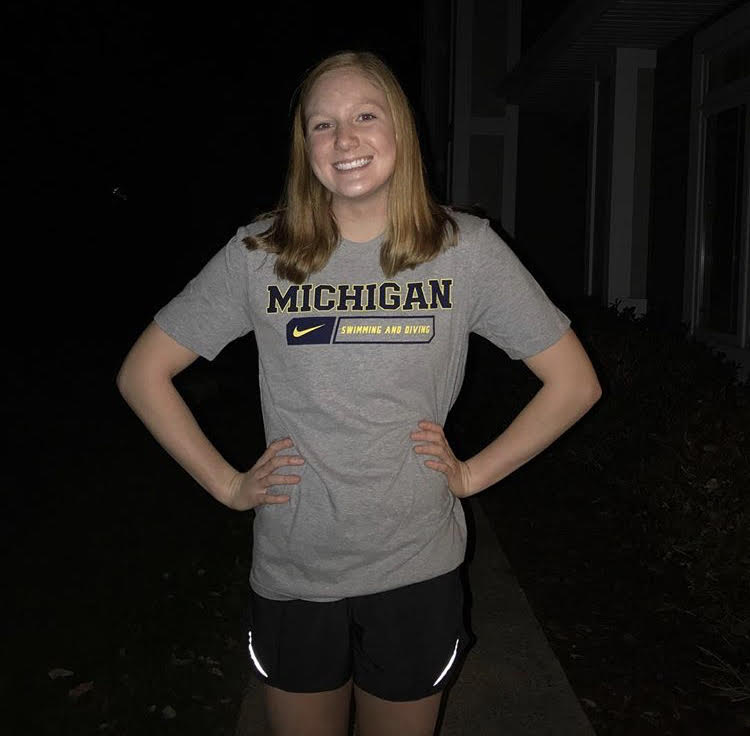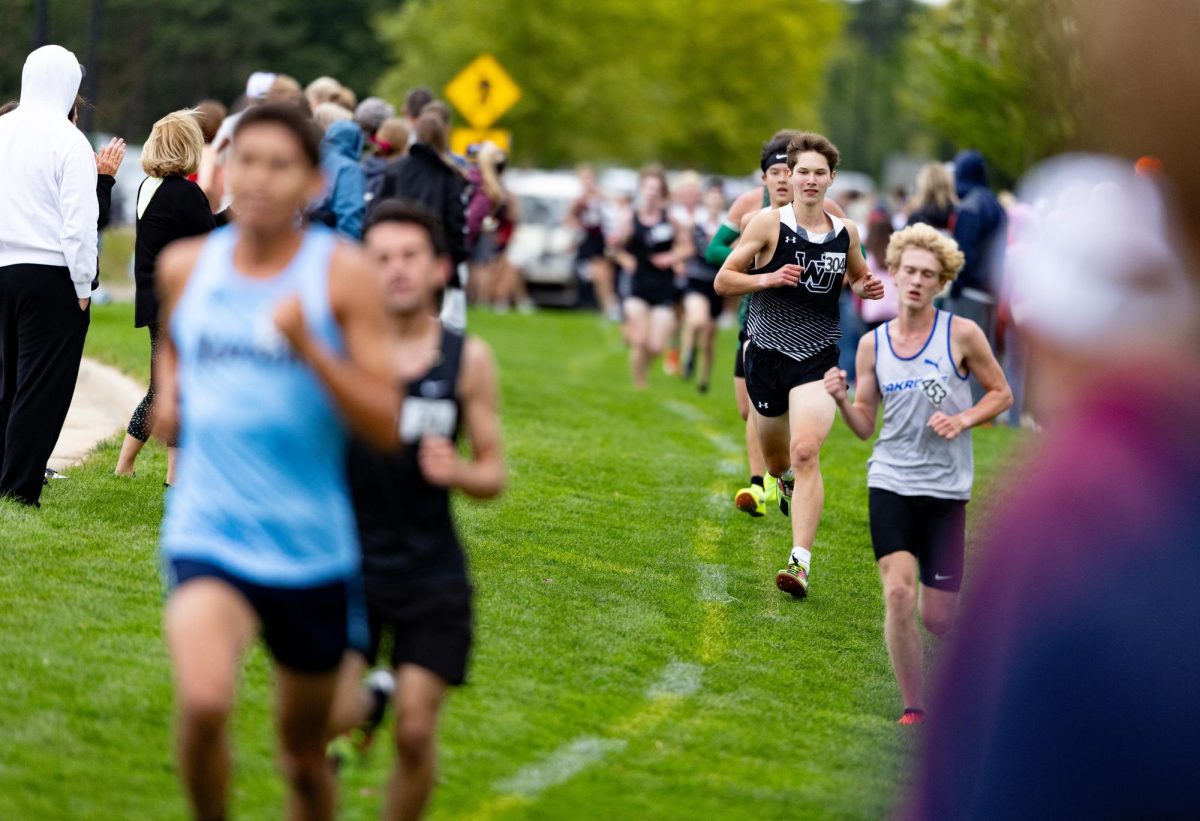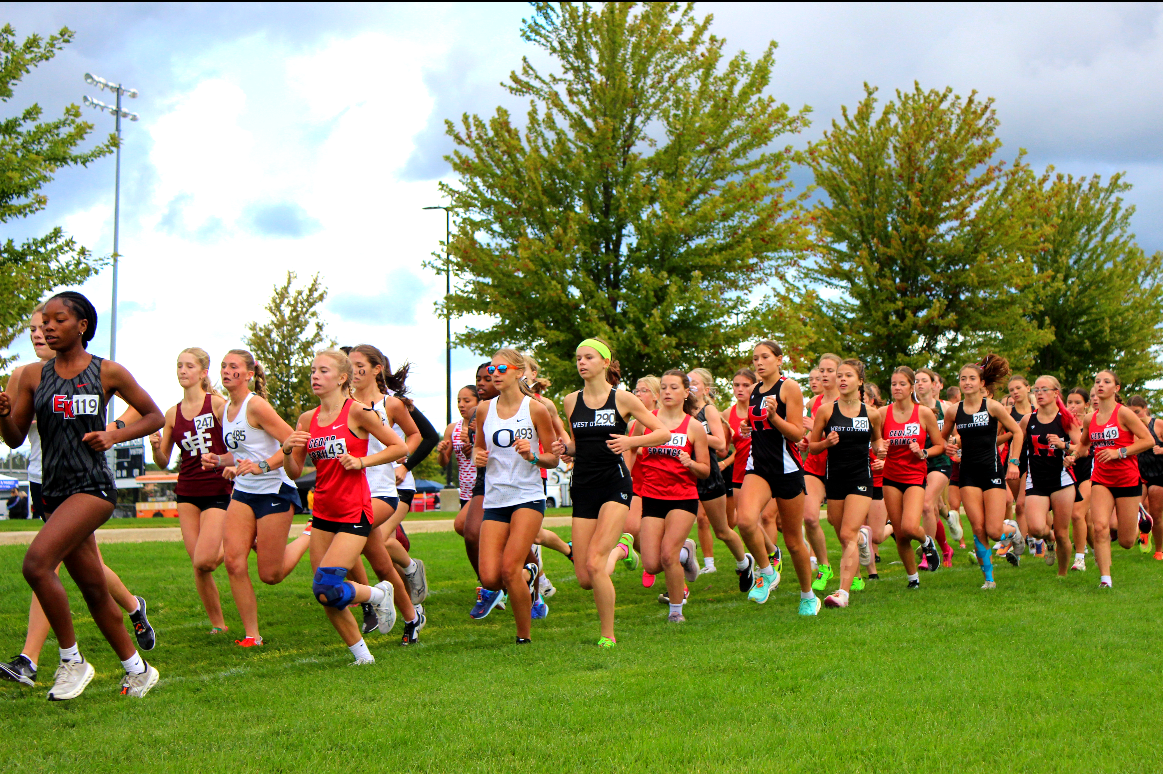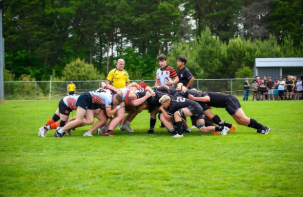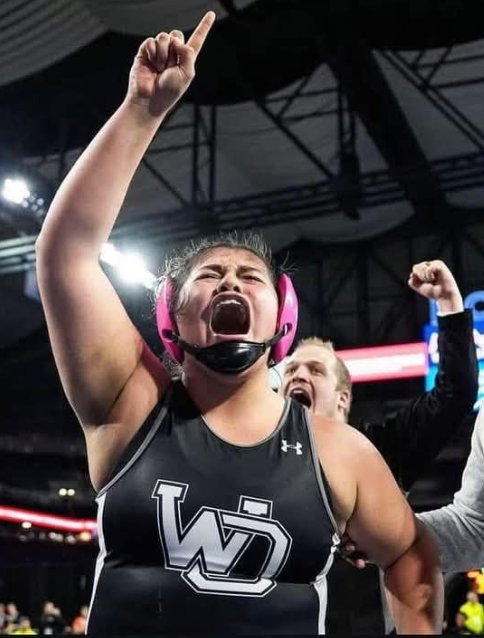As coaches and schools were trying to catch her attention, one night it hit her. “I don’t know if I want to swim in college.” Caroline Sisson had what it took to compete at the college level, but was still not sure if she wanted the commitment. Small division III schools such as Johns Hopkins and California Tech were recruiting her by sending emails and trying to schedule calls, all in an effort to get her to notice them. But, there was only one school that she fought for, the University of Michigan.
While many swimmers dream to compete at the collegiate level, only few make it. Those few achieve their dreams because of their passion for the sport.
Sisson committed to swim at the University of Michigan her senior year. After having swam there for a year she realized there will always be part of her that wishes she went to a smaller school to compete athletically. She said, “There really isn’t a way to prepare yourself for a college sport. The amount of time and effort you put into it makes it really hard to find the same enjoyment in it that you most likely did as a kid.” Yet, she continues to find her purpose as a swimmer through her intense passion that has developed over the years. “The most important thing for me right now is embracing all the good days and sets as much as I can to remind myself why I swim.”
Her recruiting process was different from most she explains, “…my main focus was finding a school that I would want to go to even if I wasn’t swimming.” Sometimes setting aside the sport to focus on academics is the best way to go about choosing a school. Just in case something goes bad, the athlete has something to fall back on.
Graduate Christian Rottier did the complete opposite. He started taking swimming seriously his last two years of high school and “…wasn’t ready to be done.” The free apparel, tutoring, first pick at classes, athletic dining hall etc. is all appealing to the eye. After signing a letter of intent to swim at Saginaw Valley State University the excitement kept him going. That died down once he got to school. Once he realized that it wasn’t perfect like the coach made it out to be, it started to test his passion. He solely saw the opportunity to compete at the collegiate level and did not look at all aspects.
When athletes go through the recruiting process, everything seems like it is perfect. Coaches tell their recruits what they want to hear and encourage them to compete for their school. Rottier points out, “I didn’t look into every factor and therefore I have more of a negative view towards swimming now than I did in high school. I wish I would have known more about the program, coaches, and NCAA/ NLI rules. It’s important to ask lots of questions.”
Like Rottier said, athletes need to look at all aspects. Although coaches will continue to tell their recruits the highlights of their school, athletes should take time to do plenty of research beyond that point. Otherwise they find things they don’t appreciate about the program which affects the love for the sport. Rottier believes athletes should have the ability to really get to know their coaches before signing the letter of intent. Right now athletes get a few college calls and an official visit to make their decision.
Although some athletes struggle to keep a positive perspective, there are others who completely flourish in their new environment and develop more love for the sport. Frosh. Alaina Wittum swims for Tiffin University and states, “I am so blessed to have an opportunity like this to compete in college. My love for the sport is the same, but my respect for it is much more. Since I started training at the college level, my effort has changed 100%. I am on a scholarship to attend school, so I treat my sport like it’s a job. I always put in my best effort for that day.”
With that job comes sacrifices. When looking to compete in college, some athletes don’t think about this, and it shows when they start to lose focus in the sport. Wittum said, “My free time is rare with having two a day practices, lifting, fundraisers, volunteering, public appearances, and other events.” Sisson emphasizes, “Choosing to play a sport in college has to include an analysis of where your values are in regards to your sport, school, and social life because there really isn’t a way to have all three at a high level.” Most of the time the athletes are found with their teammates.
The athletic commitment that a college athlete makes is by far one of the most strenuous four years of their lives. They become family to their teammates. They are living, studying, and competing for hours besides one another every day. But when their passion is strong, everything falls into place.

